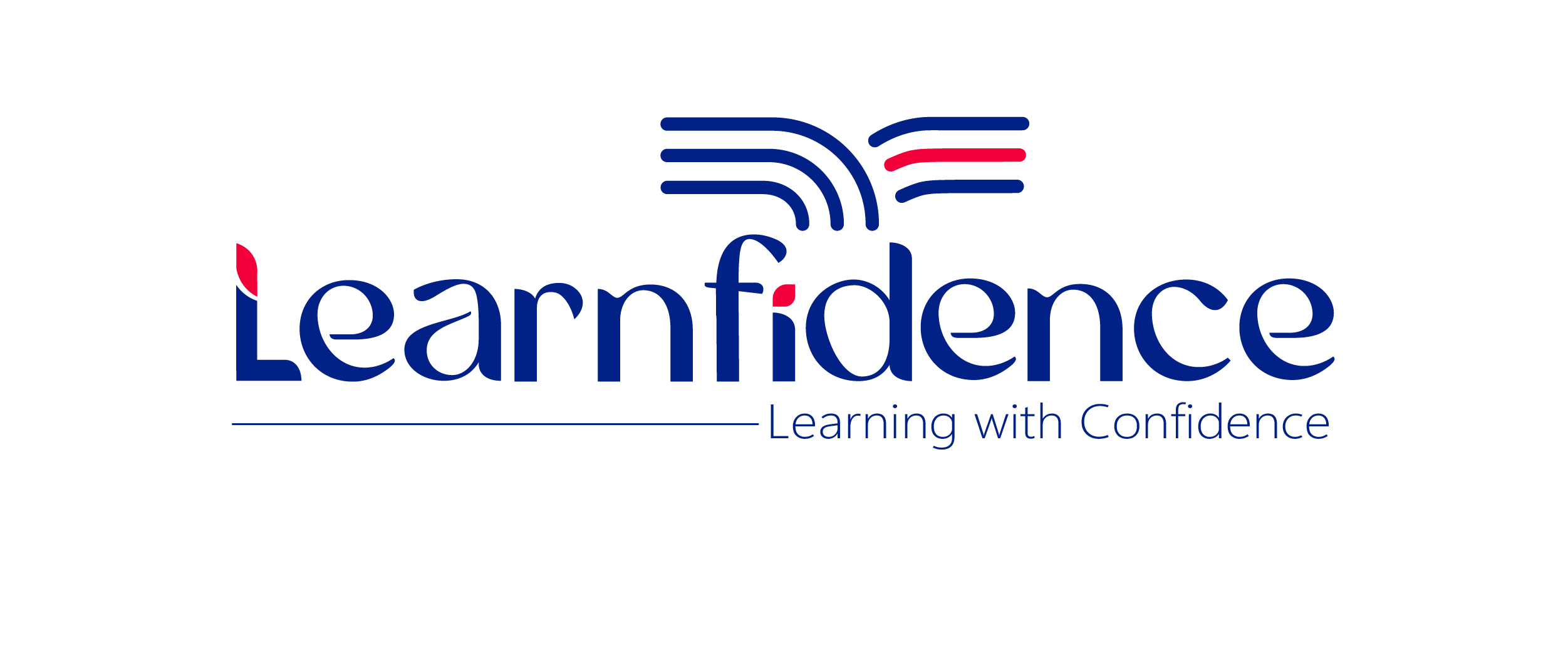Special Education: Meeting the Unique Needs of Every Child
Special education is a specialized form of instruction designed to address the unique needs of children with learning disabilities, developmental delays, or other challenges that impact their ability to thrive in a traditional classroom. This tailored approach ensures individualized support to help students succeed academically, socially, and emotionally.
What is Special Education?
Special education refers to a set of services and teaching methods specifically designed for students with learning differences, such as dyslexia, ADHD, autism, intellectual disabilities, and other cognitive or physical challenges. Its goal is to provide the individualized support each child needs to access the curriculum, participate in classroom activities, and progress alongside their peers.
Programs are customized based on each child’s specific needs, often outlined in an Individualized Education Program (IEP) or a 504 Plan. These plans ensure a personalized focus on areas where students require additional help or alternative teaching approaches.
Special education services may include one-on-one tutoring, assistive technology, speech therapy, or adjustments in testing and instruction. This holistic approach addresses both academic and non-academic needs, empowering children to overcome their challenges.
What Makes Special Education Unique?
Special education differs from traditional education in several key ways:
1. Individualized Learning Plans
A defining characteristic of special education is its focus on individualized instruction. Each child’s learning challenges and strengths are carefully assessed to create a tailored educational plan. Teaching methods, pace, and materials are adapted to suit the student’s unique learning style.
Online learning disability treatment for children offers even greater flexibility, enabling lessons to progress at the child’s pace, ensuring they are neither rushed nor left behind.
2. Support for a Wide Range of Learning Disabilities
Special education accommodates a broad spectrum of learning disabilities, including dyslexia, dysgraphia, ADHD, and intellectual disabilities. Programs like Thrive special education combine academic instruction, social-emotional learning, and behavioral support to help children overcome these challenges.
For example, a child with dyslexia might receive one-on-one reading support, while a child with ADHD may benefit from structured routines and behavioral strategies.
3. Use of Assistive Technology
Assistive technology plays a crucial role in special education, helping students access learning materials with ease. Tools like text-to-speech software, audiobooks, and graphic organizers enable students to work independently and at their own pace, fostering a sense of achievement.
Online learning disability treatment for children often integrates these tools into virtual classrooms, enhancing learning outcomes and ensuring active participation.
4. Collaborative Approach
Special education relies on collaboration among teachers, therapists, counselors, and parents. Open communication ensures that the child’s educational needs are met both at school and home. Parental involvement is particularly vital in online learning settings, where their engagement bridges the gap between virtual lessons and real-world practice.
5. Emphasis on Social-Emotional Development
Special education focuses not only on academics but also on fostering social and emotional growth. Many children with learning disabilities experience frustration, low self-esteem, or anxiety due to their challenges. Special education programs provide emotional support, teach coping strategies, and promote resilience.
Personalized attention, social skills training, and behavioral therapy help children build confidence, regulate emotions, and form positive relationships with peers.
The Benefits of Online Special Education in Kerala
The rise of online platforms has made special education more accessible and flexible. Programs like Thrive special education and online learning disability treatment for children deliver personalized learning experiences tailored to each child’s needs.
These programs integrate assistive technology, virtual one-on-one tutoring, and customized courses to support a child’s unique challenges.
Special education is distinctive in its approach, combining individualized instruction, specialized support for diverse disabilities, and a focus on social-emotional development. Programs like Thrive special education and online learning disability treatment for children provide the flexibility and resources needed to help children succeed both academically and personally.
By understanding the value of special education and leveraging the right tools, parents can empower their children to overcome learning challenges and reach their full potential.



Leave Your Comment